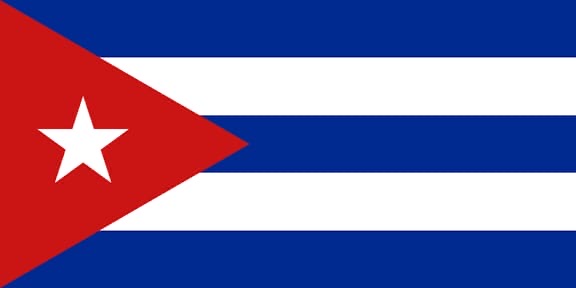Listeners:
Top listeners:
-
play_arrow
104.9FM Best rock music demo
-
play_arrow
Demo Radio Nr.1 For New Music And All The Hits!
-
play_arrow
Demo Radio Techno Top Music Radio
-
 play_arrow
play_arrow
Police Commissioner Launches Weapon and Riot Control Training for FCT Officers Democracy Radio

By Oluwakemi Kindness
The National Industrial Court says employers who fail to remit or under-remit pension contributions are strictly liable under the Nigerian law.
This is according to Justice Olufunke Yemi Anuwe of the National Industrial Court who notes that such employers could face limited legal defenses when such matters are brought before the courts.
Justice Anuwe made this assertion in her presentation at the Fourth Forum of Company Secretaries and Legal Advisers in the Pension Industry, by the National Pension Commission (PenCom) at the weekend in Abuja.
According to her, one of the most frequently litigated issues in the pension sector involves the non-remittance or under-remittance of pension contributions by employers.
“Nigerian courts have consistently upheld the rights of PenCom and pension contributors to initiate legal proceedings to recover such funds. Statutory penalties and interest have also been enforced to ensure compliance,” she stated.
In a press statement by the commission, Justice Anuwe further says the courts recognise Pencom’s regulatory authority as central to the administration of the Contributory Pension Scheme (CPS).
While courts generally defer to the Commission’s technical expertise, they expect it to act within the limits of its statutory mandate.
Justice Anuwe reminds participants that under Section 210 of the Constitution of the Federal Republic of Nigeria, 1999 (as amended), no person entitled to pension or gratuity under any law shall be denied or deprived of such benefits.
“It is a constitutional right,” she affirmed, “and pensioners must be paid for the service they have rendered.”
Addressing jurisdictional concerns, Justice Anuwe noted that the National Industrial Court of Nigeria (NICN) remains the appropriate court for pension-related disputes.
Judicial precedents have affirmed the NICN’s exclusive jurisdiction as established by the Constitution and the National Industrial Court Act.
“This consolidation has helped streamline pension adjudication under one specialised court,” she added.
Commenting on the broader role of the judiciary, she noted that courts have been instrumental in resolving disputes over gratuities, accrued rights, and the transition between old and new pension systems. A key judicial principle, she said, is that the Pension Reform Act (PRA) does not apply retrospectively unless expressly stated.
“Contributions and liabilities take effect from the commencement date of the Act,” she explained.
“The judiciary ensures fairness, transparency, and accountability in the interpretation and enforcement of the PRA and its regulations,” she said.
Meanwhile im her welcome address, PenCom’s Director General, Omolola Oloworaran, lauded Justice Anuwe for her insightful presentation.
She says the judge’s legal interpretations continue to illuminate the evolving pension landscape in Nigeria.
Oloworaran says the Judge’s presence at the Forum offered a valuable opportunity for stakeholders to gain clarity on judicial interpretations of the PRA.
The PenCom DG also underscores the significance of the Forum considering ongoing efforts to strengthen corporate governance within the pension industry and the increasing number of court rulings shaping pension administration in Nigeria.
Written by: Democracy Radio
#National Industrial Court #PenCOM #PenComng
Similar posts
Copyright Democracy Radio -2024


